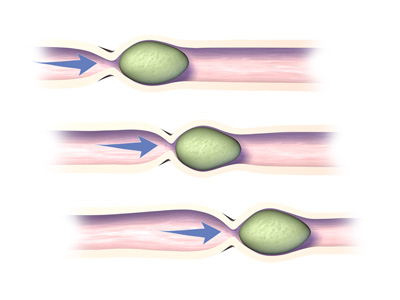
Colon cancer, one of the most common illnesses in the country may form from abnormal cells called polyps that get bigger and form clusters. These types of cancerous cells have the ability to grow and spread throughout the body.
Those at risk of acquiring the disease include individuals with a family history of the disease and those in the age bracket of 50 and up. Individuals carrying the genetic make-up may opt for screening for early intervention. several risk factors also include a previous battle with cancer, a family history of the illness, poor diet, smoking and obesity.
Symptoms are often similar to those of other diseases and it can be difficult to get an accurate assessment. Medical attention should be sought if an individual experiences abnormal bleeding, weakness, pale complexion or abdominal expansion without weight gain, nausea, any change in bowel movements or weight loss. Patients are recommended to be screened regularly for the presence of cancer-causing factors.
Untreated cancerous cells can lead to the need for further surgery and intense treatments. A cancer may become so advanced that it will not respond to treatment at all. In seeking medical attention, the patient may undergo a series of tests that can detect and diagnose colon cancer. A physician will be able to answer any questions that a patient may have regarding treatment options and the survival chances.
While certain medicines may help to prevent diseases, physical activities or exercise and a low-fat, high-fiber diet may help to reduce the risks.